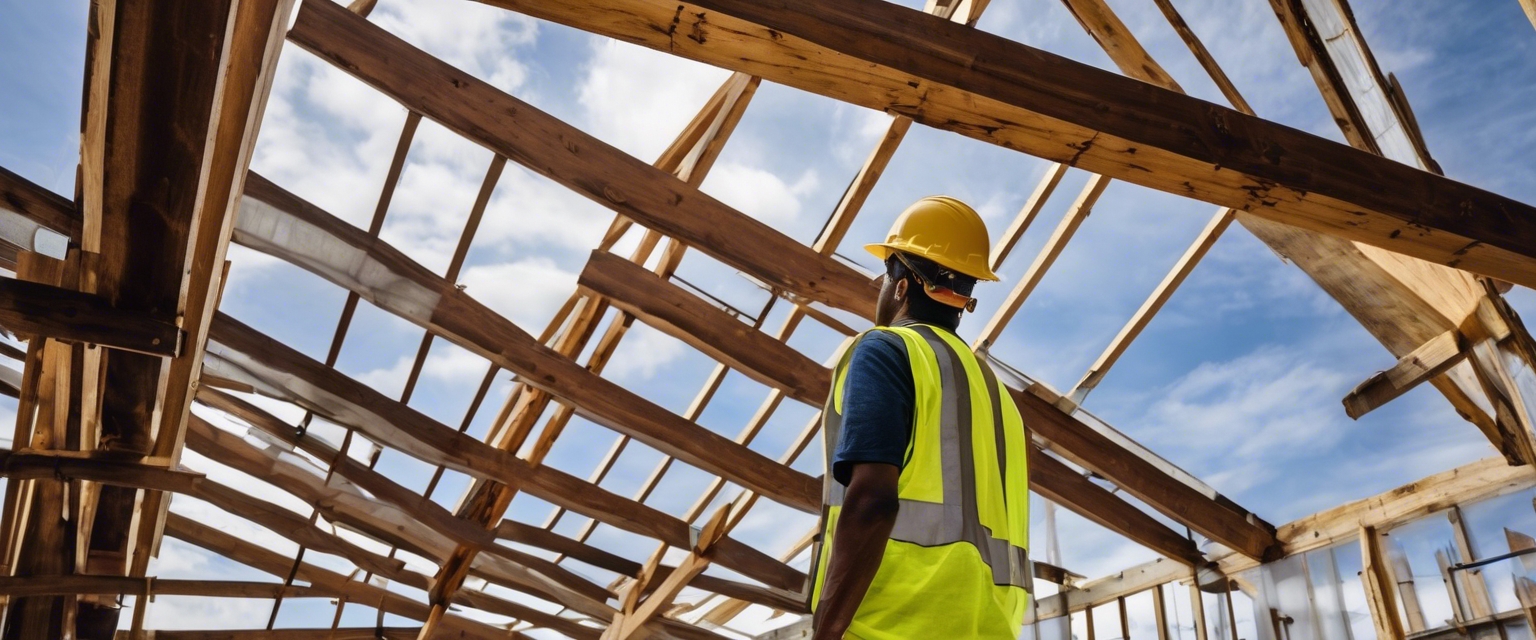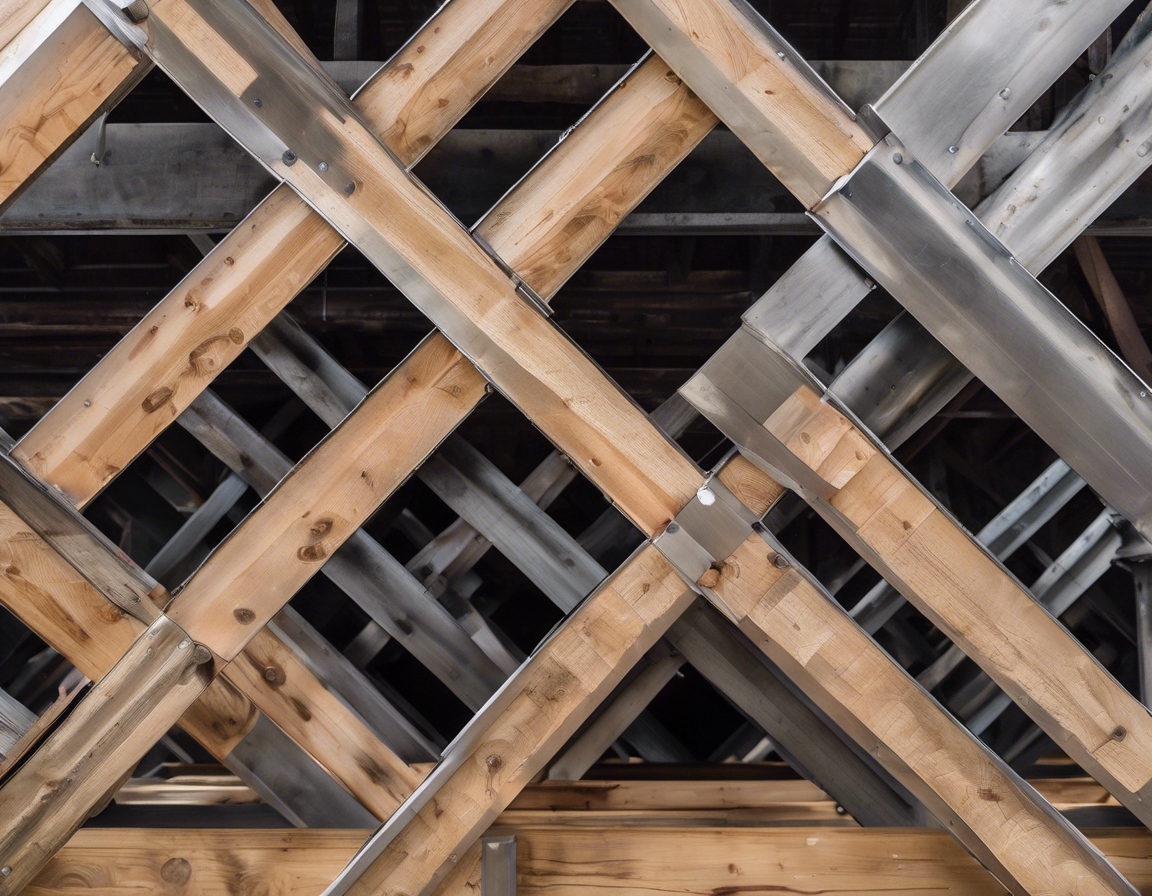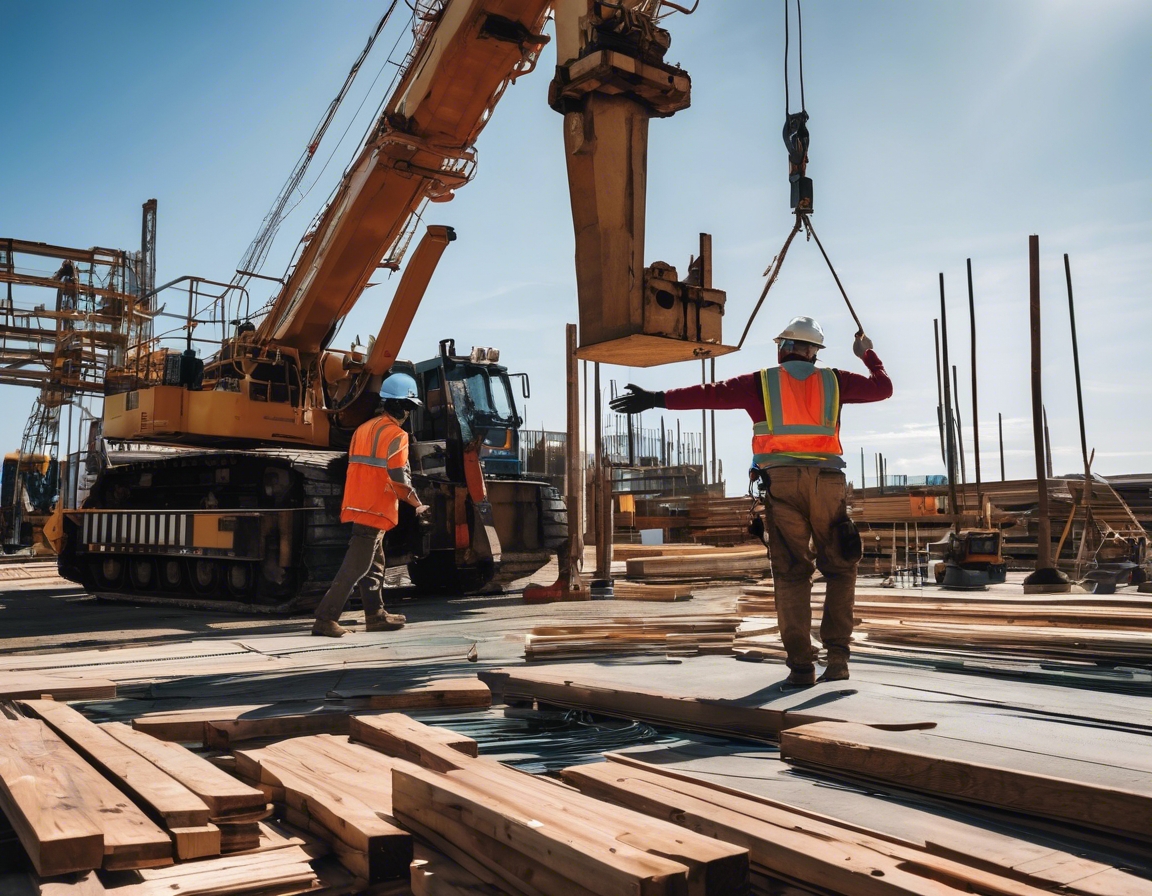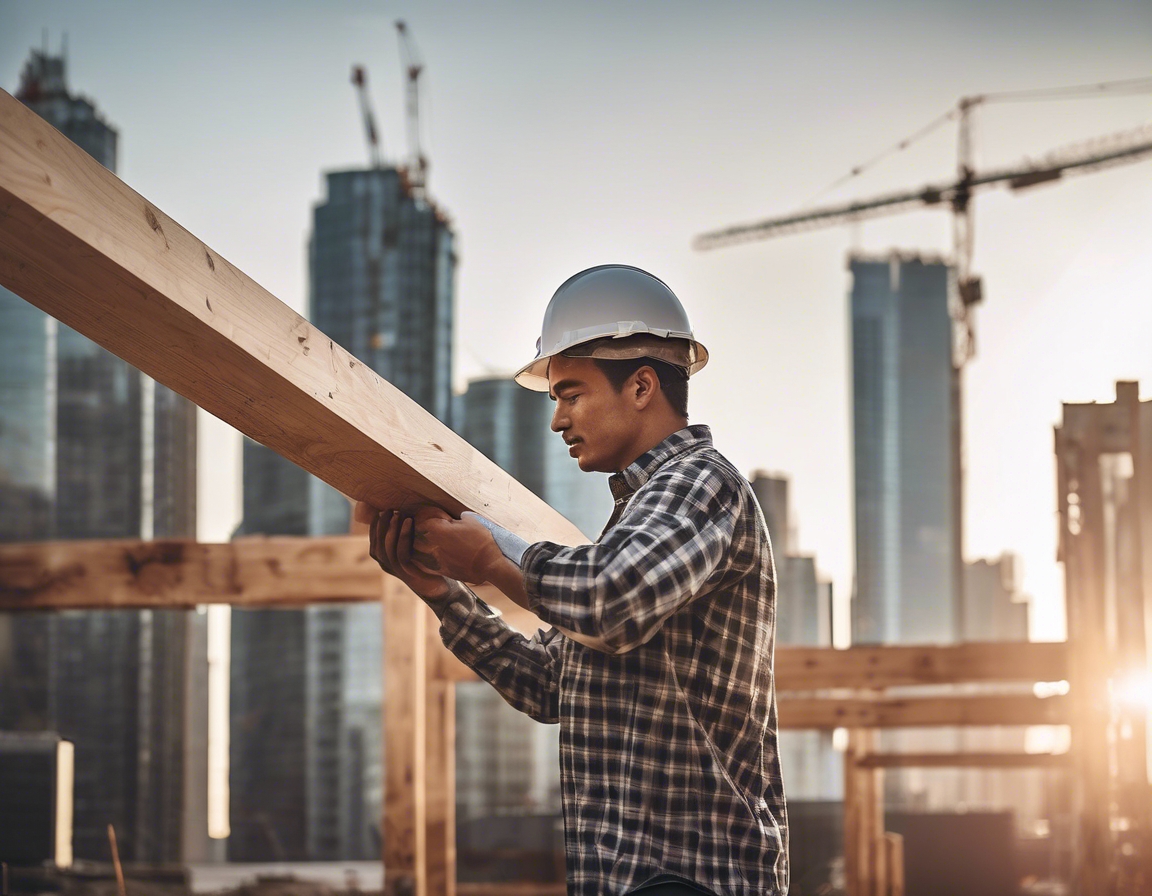How sustainable building solutions are changing the industry
The construction industry is undergoing a transformative shift towards sustainability, driven by the urgent need to reduce environmental impact and enhance resource efficiency. Sustainable building solutions are at the forefront of this change, offering innovative approaches that prioritize eco-friendliness, energy efficiency, and resource conservation.
The Rise of Eco-Friendly Materials
One of the most significant trends in sustainable construction is the use of recycled and reclaimed materials. These materials not only reduce the demand for new resources but also minimize waste. Examples include recycled steel, reclaimed wood, and recycled concrete, which are increasingly being used in modern building projects.
In addition to recycled materials, there is a growing interest in innovative natural materials such as bamboo, hempcrete, and mycelium. These materials are not only sustainable but also offer unique properties that enhance the durability and aesthetic appeal of buildings.
Energy Efficiency in Modern Construction
Energy efficiency is a cornerstone of sustainable building solutions. Passive design strategies, such as optimizing building orientation, enhancing natural ventilation, and using thermal mass, are essential for reducing energy consumption and improving indoor comfort.
Integrating renewable energy sources, such as solar panels and wind turbines, into building designs is becoming increasingly common. These technologies not only reduce reliance on fossil fuels but also contribute to a building's energy independence.
Water Conservation Techniques
Water conservation is another critical aspect of sustainable construction. Rainwater harvesting systems collect and store rainwater for non-potable uses, reducing the demand on municipal water supplies and promoting water sustainability.
Greywater recycling systems treat and reuse wastewater from sinks, showers, and washing machines for irrigation and toilet flushing, further conserving water resources and reducing utility costs.
Smart Building Technologies
The integration of Internet of Things (IoT) technologies and building automation systems is revolutionizing the way buildings operate. These technologies enable real-time monitoring and control of building systems, enhancing energy efficiency and occupant comfort.
Advanced energy management systems provide detailed insights into energy usage patterns, allowing building managers to optimize energy consumption and reduce costs. These systems are crucial for achieving sustainability goals in modern buildings.
The Role of Modular Construction
Modular construction is gaining popularity due to its efficiency and sustainability benefits. Prefabricated building components are manufactured off-site, reducing construction time and minimizing waste. This approach also allows for greater precision and quality control.
By streamlining the construction process, modular construction significantly reduces waste and shortens project timelines. This method is particularly beneficial in urban areas where space and time are at a premium.
The Impact on Urban Development
Sustainable building solutions are reshaping urban development by promoting eco-friendly practices and green infrastructure. Urban planners are increasingly incorporating green spaces, sustainable transportation options, and energy-efficient buildings into city designs.
Green building certifications, such as LEED and BREEAM, are becoming standard benchmarks for sustainable construction. These certifications recognize buildings that meet high environmental and performance standards, encouraging developers to adopt sustainable practices.






Comments (0)